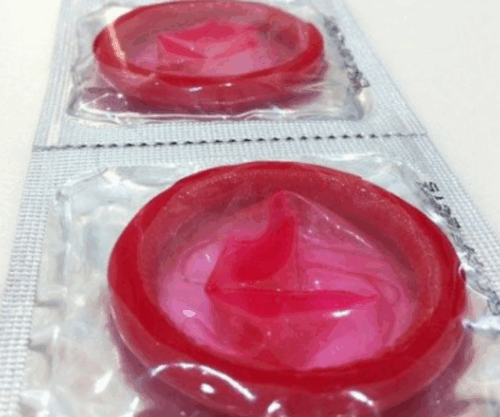
People who have mental health problems may find it difficult to practice regular dental hygiene. It might be difficult to prioritise adequate brushing, interdental cleaning, rinsing, and frequent dental checkups when experiencing symptoms like exhaustion, lack of desire, or problems concentrating says Dirna Grobbelaar, oral hygiene advisor for Ios Health, and a member of the Oral Hygienists Association of South Africa (OHASA).
Dirna provides advice on how to maintain good dental health even if you have a mental illness and explains how mental illnesses might affect your oral health.
One should make an effort to maintain a consistent oral hygiene regimen.
“Make it easier by using equipment like an electric toothbrush and setting reminders on your phone. A good choice is an electric brush with soft tapered bristles like the GUM Sonic Sensitive, which is made specifically for people with sensitive teeth and bleeding gums, or the GUM Sonic Daily, both of which reach deeper below the gum line than a manual toothbrush and remove up to 50% more plaque from between the teeth than a manual toothbrush,” says Dirna.
According to Dirna, it’s also crucial to clean in between your teeth, and you can make it simpler by choosing an enjoyable interdental cleaning technique.
“Thankfully there are a multitude of tools available to make cleaning in between your teeth simple and easy. Floss is the most common, and there are many different types, such as GUM Expanding Floss or new minty green tea flavoured GUM Twisted Floss. If you don’t like flossing, try GUM Soft-Picks, which are tiny, easy-to-use picks with super-soft rubber bristles or an interdental brush, like the reusable GUM Bi-Direction which has a 90-degree bendable head and antibacterial bristles.”
Dirna also notes that due to side effects of medication such as Antidepressants and antipsychotics which are two examples of drugs used to treat psychiatric illnesses that can have the side effect of causing dry mouth (xerostomia). Tooth decay, gum disease, and oral infections are all risks that can be increased by decreased saliva flow.
To prevent dry mouth, drink lots of water throughout the day, and use GUM Hydral Moisturising Spray, a super-convenient on-the-go remedy. Regularly rinse your mouth with an alcohol-free mouthwash like Dentyl Dual Action, which has better plaque-fighting qualities and moisturises and soothes oral tissue. According to Dirna, using Dentyl as a mouth rinse can help maintain fresh breath for up to 12 hours.
“Also have a professional cleaning at least every six months. Look for a practice offering EMS Guided Biofilm Therapy, a breakthrough oral hygiene treatment that is extremely gentle but provides superior plaque removal. As a smoker it’s very important to see a dental professional regularly to help minimise risks and improve your oral health,” says Dirna.
Teeth grinding (bruxism) and jaw clenching can be symptoms of mental health disorders such anxiety, stress, or depression. These behaviors may wear down teeth, produce migraines, jaw pain, or potentially harm the temporomandibular joint (TMJ).
Use stress-relieving techniques including deep breathing exercises, meditation, and exercise. Additionally, a mouthguard worn at night might shield your teeth from the harm caused by teeth grinding.
A vital component of total wellbeing is oral health. It’s crucial to get the right professional aid and support if you’re having mental health issues. Your doctor or dentist can offer you individualized guidance and treatment options to take care of both your oral and mental health needs.
Also see: Why it’s necessary to change your toothbrush regularly




